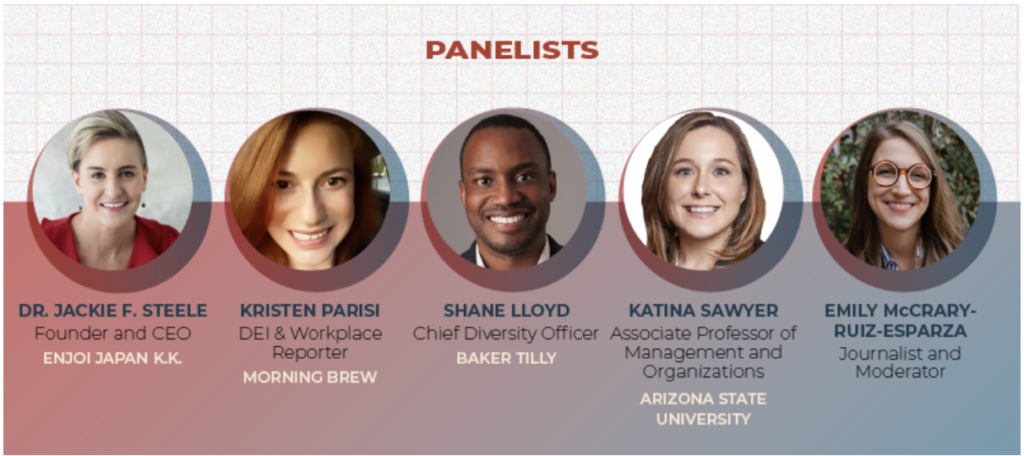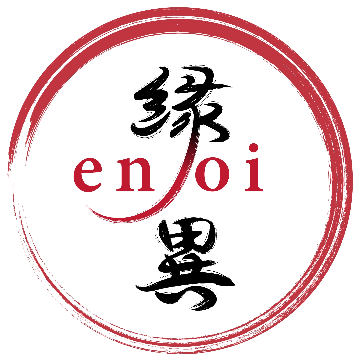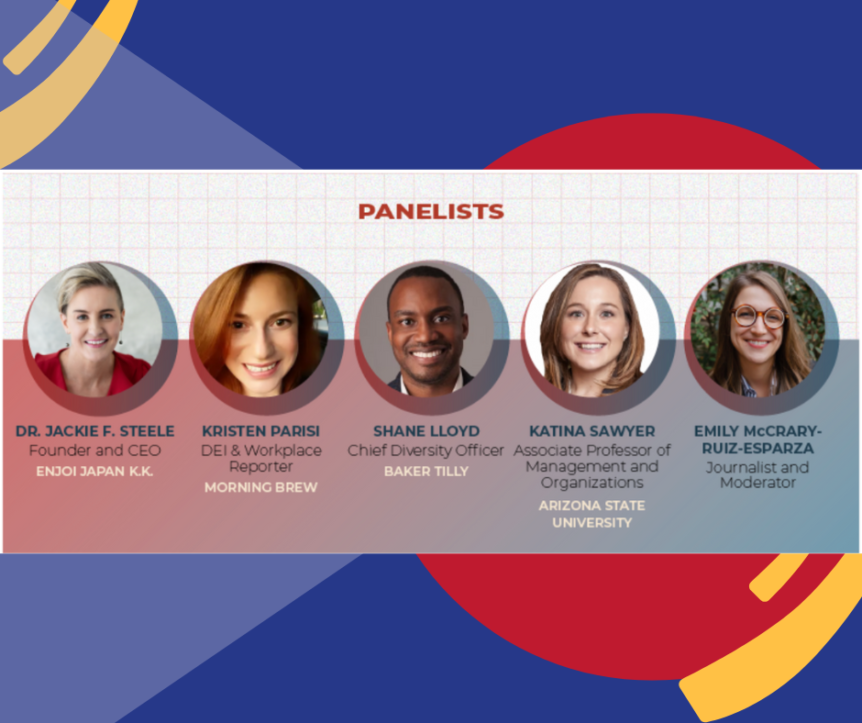enjoi’s CEO, Dr. Jackie F Steele had the privilege of speaking for the Attuned webinar on “Creating an Equitable Workplace when “DEI” isn’t an option.”
The webinar sought to look at the global turnover for chief diversity officers, why many employers have pulled funding for various DEI programs in the US, while some are laying off their DEI teams out of fear of the recent legal backlash. In the United States in particular, programs and initiatives labeled “DEI” are in question but this does not mean we cannot still do the core work to build equity in the workplace.
Panelists looked at the variety of ways that DEI can be ‘called’, the history of social justice activism that has traditionally taken up these issues, and how employers can create environments that motivate workers to behave equitably and inclusively without a formal program labeled DEI. It also looked at how leaders handle tense conversations and change-resistant employees.
A special thank you to Attuned’s CEO Casey Wahl, moderator Emily McCrary-Ruiz-Esparza, and my fellow panelists, Kristen Parisi, Shane Lloyd and Katina Sawyer for a thoughtful and no-nonsense discussion. The webinar offered valuable insights into navigating the challenges and opportunities of creating equitable workplaces when traditional DEI programs are not an option. We were thrilled to bring in perspectives from the Canadian, Japanese, and Asia-Pacific markets where DEI commitments are not being rolled back, and to decenter the focus on the US as the only model. In fact, we see many inspiring and innovative cases to learn from on equitable workplace design around the world, and that can serve to inform American companies struggling with the currently toxic legal backlash landscape in the United States.

Key Discussion Points from the webinar (you can watch the replay at the link below)
- Language Games, Semantics, Building Systemic Equity by other means:
- The panel discussed the prevalence of superficial DEI initiatives that focus more on box-ticking events and programs that aim to appear compliant, rather than making substantive changes.
- Dr. Jackie F. Steele emphasized the importance of authentic DEI efforts that go beyond performative actions, integrate an ecosystem lens, and genuinely engage with the complexities of data-driven diversity and equity measurements.
- Fake Wokism of DEI Consultancies:
- The conversation highlighted how some DEI consultancies cherry-pick certain issues, and thereby fail to train companies comprehensively in holistic intersectional equity to support all parts of their employee base.
- The panelists called for a re-evaluation of how DEI training is conducted, urging for more robust and intersectional approaches, data-driven tracking to drive accountability, and commitments to change management over a 2-5 year span.
- Anti-DEI Backlash in the US:
- Amidst the growing backlash against DEI initiatives in the US, panelists explored how this backlash violates the principles of equality and rights, with Dr. Steele contributing the Canadian constitutional amendments in 1982 that solved this thorny issue once and for good.
- The panelists explored the implications of this backlash on workplace culture and the broader societal impacts in the United States, and upon global companies with Headquarters in the US.
- Global Leadership Examples:
- Dr. Steele and other panelists provided inspiring examples from approaches used in Japan, Canada, and Africa, offering differing views on more progressive models of deepening democratic freedom and systemic equality around the world that be a counter-balance to the current American reality
They shared insights on how leaders in these regions are ensuring equal opportunity for diverse talent within liberal democratic economies that continue to deliver on public constitutional commitments to equity through public policies, as well as the role of corporate leadership for advancing commitments to DEI.

